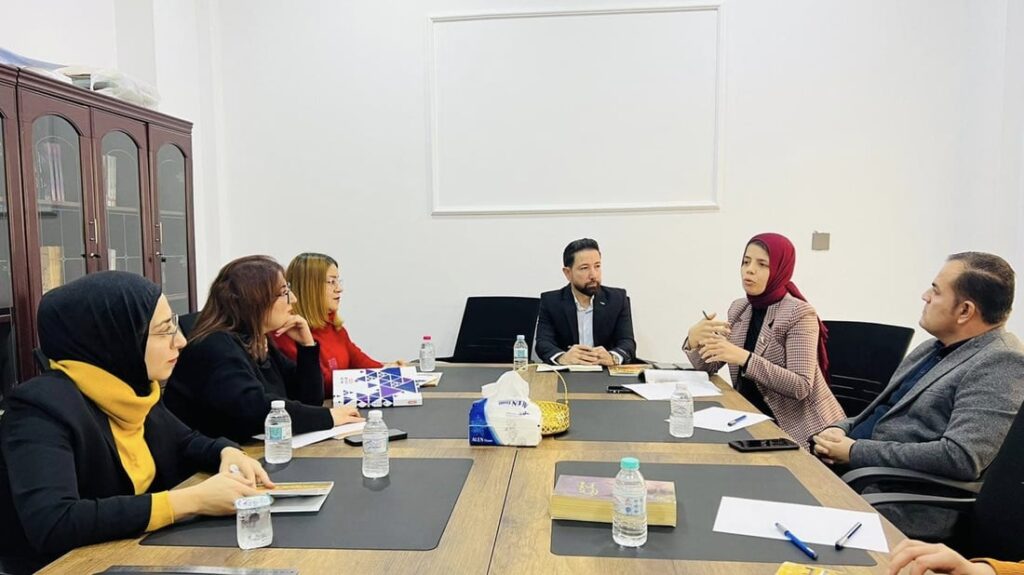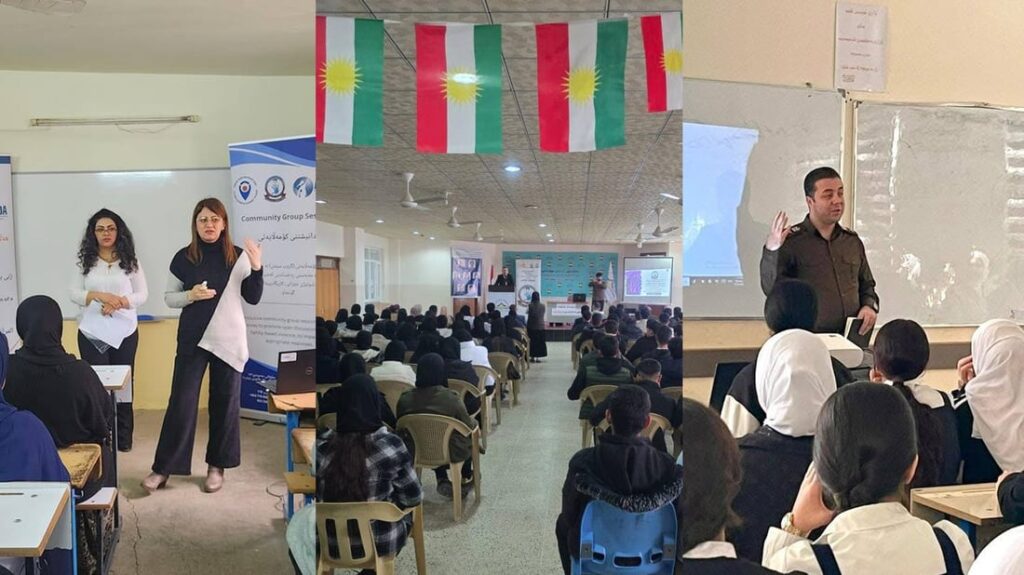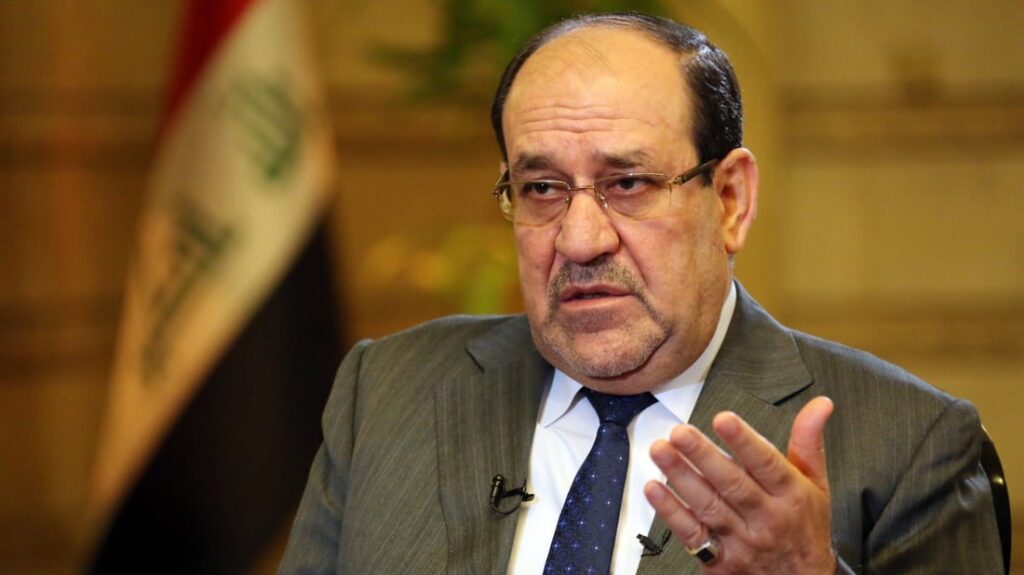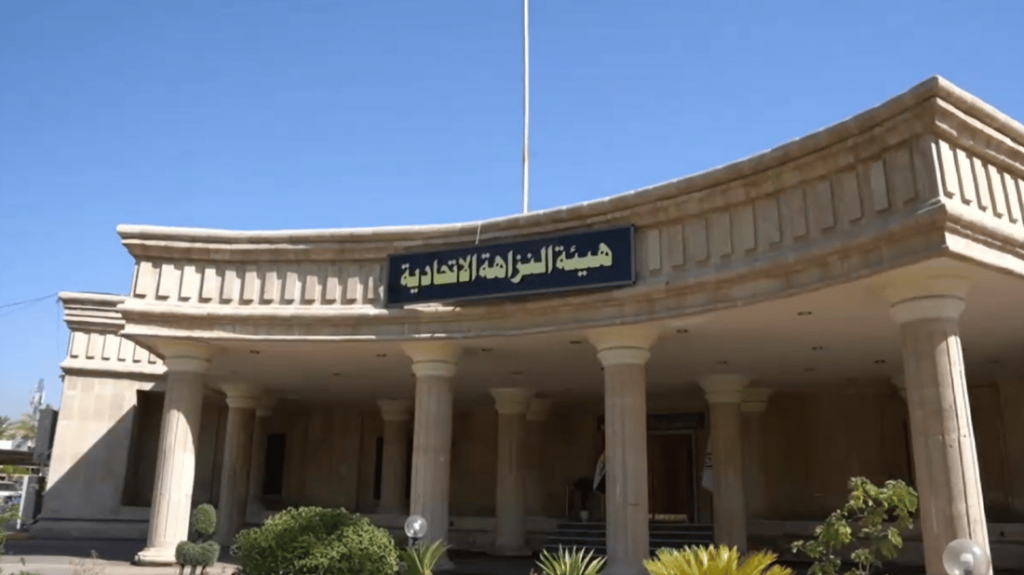South Sudan: Atrocity Alert No. 183: South Sudan, Iraq and Central African Republic

South Sudan: Talking peace while preparing for war?
The UN Security Council (UNSC)-mandated Panel of Experts on South Sudan issued its latest report on 22 November, providing evidence that the Revitalized Agreement on the Resolution of the Conflict in the Republic of South Sudan (R-ARCSS) is at serious risk. The Panel said that the collapse of the R-ARCSS would pose an “immediate threat to peace and security in South Sudan.”
The Panel’s report documents that over the past year at least 10,000 fighters have been recruited from communities in former Warrap State – President Salva Kiir’s ethnic Dinka stronghold – into a force for the National Security Services (NSS). According to the Panel, the government violated the R-ARCSS while it utilized community chiefs to recruit local youth, including children, to build this force.
During December 2013 political divisions within the army and the mobilization of forces along ethnic lines escalated into a civil war that claimed an estimated 400,000 lives and displaced more than 4 million people. Despite a significant decrease in armed violence since the R-ARCSS was signed in September 2018, inter-communal conflict continues to threaten vulnerable populations. On 3 December the UN Mission in South Sudan (UNMISS) said it was responding to reports that at least 79 people had been killed in inter-communal clashes between the Gak and Manuer communities in Maper, a village in the Lakes region.
Meanwhile, implementation of the R-ARCSS continues to be delayed, prompting President Kiir and opposition leader Riek Machar to twice postpone the establishment of a Transitional Government of National Unity (TGoNU). According to the UN Panel of Experts, “the Government has demonstrated little interest in abiding by the letter or spirit of the agreement on security arrangements, the number of States and their boundaries, and financial accountability.” On 22 November, after the formation of the TGoNU was postponed for a further 100 days, the UNSC issued a Press Statement expressing “disappointment that Parties to the Agreement failed to take the steps necessary to peacefully form a ‘Revitalized Transitional Government of National Unity.’”
South Sudan once again finds itself at the crossroads between war and peace. The government must immediately halt the forced recruitment of armed forces and deliver on the promises it made to its own people and to the world when it signed the R-ARCSS. The UNSC should immediately adopt targeted sanctions against those who continue to threaten the peace and security of South Sudan and push for the full and expeditious implementation of the peace agreement. The regional Intergovernmental Authority on Development should also work closely with political leaders in South Sudan to ensure the timely resolution of all outstanding political issues.
Iraq’s government falls after protest death toll reaches 400
In one of the deadliest days since protests in Iraq first erupted two months ago, more than 50 people were killed by the security forces on 28 November. The Interior Ministry’s Quick Reaction Forces reportedly used live ammunition against civilians holding a sit-in on bridges over the Euphrates River in Nasiriyah and used bulldozers to knock down their tents, leaving at least 34 people dead and 160 wounded. A further 18 protesters were killed in Najaf as riot police and “Popular Mobilization Forces” used live ammunition after some demonstrators tried to attack the Iranian Consulate and a significant Shia shrine.
Since mass protests first began on 1 October, at least 400 people have been killed and over 8,000 seriously injured. The UN Assistance Mission in Iraq (UNAMI) has found that the Iraqi authorities committed serious violations and abuses of human rights during their attempts to suppress these demonstrations.
The recent protest deaths have deepened the political anger of many Iraqis. On 29 November the leaders of 18 tribes in Nasiriyah signed a list of demands, including the immediate dissolution of parliament and the establishment of a transitional government. Members of the Iraqi opposition also condemned the “bloodbath” and similarly called for the dissolution of parliament and new elections. Following critical comments from Grand Ayatollah Ali Al-Sistani, Prime Minister Adel Abdul-Mahdi submitted his resignation to parliament. A caretaker government is now in place.
The protest movement began with nation-wide demonstrations against unemployment, poor public services and government corruption. The protesters view Prime Minister Mahdi's resignation as only a first step and are still calling for widespread political reforms, including an end to the sectarian quota system.
The Supreme Judicial Council of Iraq has announced the formation of a formal body to investigate the killing of protesters in Nasiriyah and Najaf. However, Jeanine Hennis-Plasschaert, Head of UNAMI, said that, “Without full accountability and justice it will be nearly impossible to convince the people that leaders are willing to engage in reform.”
Iraq’s new government must carry out a full, independent and transparent investigation into the use of deadly and disproportionate force against unarmed protestors. A code of conduct for all Iraqi security forces – grounded in respect for universal human rights – should be immediately implemented in order to protect public demonstrations and prevent any further loss of life.
UN report raises alarm about grave violations against children in Central African Republic
UN Secretary-General António Guterres recently issued a report on children and armed conflict in the Central African Republic (CAR), warning about ongoing grave violations of international human rights and humanitarian law. The report, covering the period from January 2016 to June 2019, highlights violations that have mainly been committed by non-state armed groups. The 1,364 incidents covered in the report include 138 attacks on schools and hospitals, and the recruitment and use of at least 473 children. The report also verified 291 cases of rape and other forms of sexual violence against children, although actual numbers are suspected to be much higher. While more than 8,600 children were released from armed groups during the reporting period, reintegration of former child soldiers remains a major challenge.
Despite the signing of a peace agreement between the government and 14 armed groups on 6 February, civilians in CAR remain at serious risk of mass atrocity crimes. The UN Special Representative for Children and Armed Conflict, Virginia Gamba, warned that “while the inclusion of child protection measures in the peace agreement was a milestone, mechanisms to tangibly end and prevent grave violations and verify compliance of signatory parties must now be implemented, as some armed groups continued their illegal activities.”
Signatories to the peace agreement must immediately release all child soldiers still in their ranks. International development assistance for CAR should prioritize programs aimed at the prevention of inter-communal violence, as well as the disarmament, demobilization and reintegration of former fighters, including children. The UN Security Council and African Union should impose targeted sanctions on any individuals or groups who are responsible for violations committed against children, or for breaching the February agreement.




